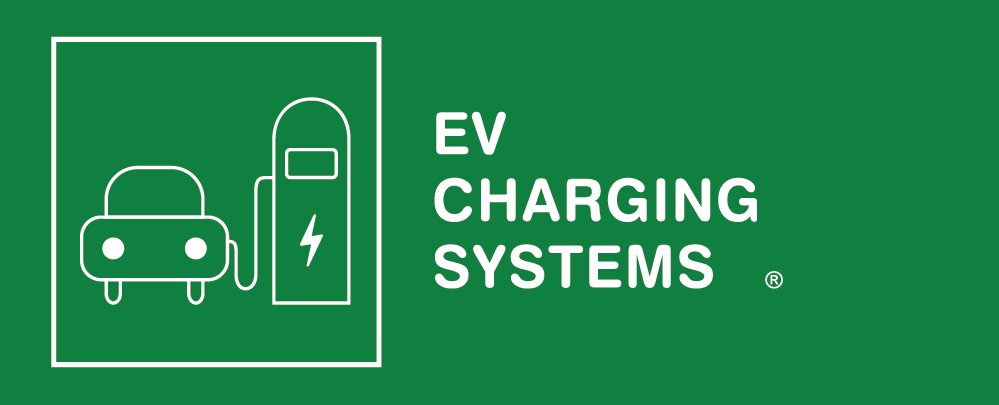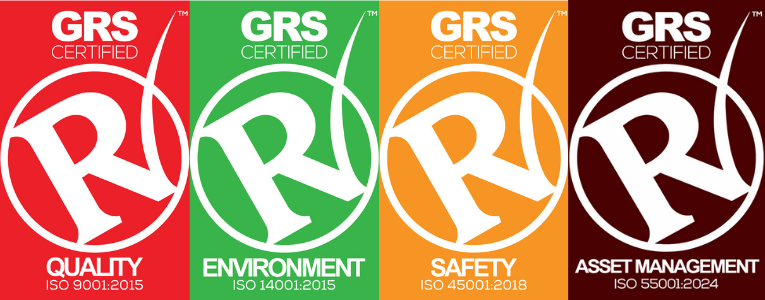A single EV charging station used by one electrical vehicle at a time is simple and straightforward. However, charging multiple electrical vehicles at once across several charging stations places higher demands on the electrical panel.
Charging several electric vehicles at max power over a long period can overwhelm a system’s electrical infrastructure. Load management for EV chargers is a solution that protects a system’s electrical infrastructure while optimising charging efficiency.
Here, we’ll look at what load management for EV chargers is, why load management is important, and how to know if you need load management for your EV charger.
Quick Summary:
- Load management works by carefully monitoring and strategically balancing how power is used within a charging system
- Types of load management include dynamic load management and static load management
- Load management is beneficial to residential and commercial chargers for eliminating the risk of overloading the system’s infrastructure, saving on electric costs, and increasing efficiency
- Active load management is highly recommended for larger fleets or commercial charging sites with multiple charging stations
- Determining the necessity of a load management system depends on current electrical infrastructure, number of charging stations, and frequency of usage
What Is Load Management for EV Charging?
Load management for EV charging refers to monitoring and balancing the amount of electricity being used by each charging site. Load management controls the electrical demand that EV charging stations place on a system to ensure it stays within the infrastructure’s capacity.
The goal of load management is to optimise charging efficiency and protect electrical infrastructure.
Types of Load Management
Static Load Management:
Static load management involves a pre-programmed power limit applied to all chargers in the system. This ensures the load is evenly distributed amongst the system’s charging stations.
Dynamic Load Management:
Dynamic load management is more advanced but requires switchboard upgrades.This type of load management offers users access to real-time energy usage date.
A dynamic load management system automatically adapts to energy demand fluctuations, optimising charging efficiency and reducing peak consumption.
We recommend dynamic load management for large fleets and commercial sites with multiple charging stations.
Why Load Management Is Important for Residential and Commercial Chargers
Load management is important for residential and commercial EV chargers. Load management optimises charging site efficiency, prevents the infrastructure from being overloaded, and reduces energy costs.
Load management is particularly important in commercial applications where electrical demands can vary widely throughout the day. An integrated load management system is highly beneficial for businesses or corporations with large EV fleets, multiple charging stations, and varying electrical demands.
For instance, a system with 12 EV chargers operating simultaneously may easily overwhelm the system and result in blackouts or infrastructure damage.
If you have charging stations for a large fleet, we highly recommend a dynamic load management system.
Integrated load management systems are ideal for:
- Residential complexes
- Apartment buildings
- Commercial buildings
- Large fleets
- Retail spaces
How Does Load Management Work?
Load Management allows users to pre-determine how much power can be used at an EV charging station. If a load-management enabled charging system demands too much power, it will automatically recalculate and redistribute an appropriate electrical current to each charging point.
This reduces the burden on the grid, optimises charging efficiency, and allows users to utilise the current electrical infrastructure rather than installing a new switchboard.
Here’s a simple scenario to demonstrate how load management works:
- An electrical panel can provide 80 amps total
- 4 electric vehicles are charging at full capacity
- Each EV requires 40 amps
- The load-management enabled system recognises the potential infrastructure overload if all vehicles are charging at once
- The power is redistributed so the electricity is spread out evenly between all four charging stations
- The electrical infrastructure is protected against expensive damage or outages
Benefits of Load Management and Dynamic Load Management
Load management systems play a critical role in protecting a system’s infrastructure against overloading and ensuring charging efficiency.
An integrated load management system provides real-time energy use data that can be used to improve planning and optimise charging infrastructure.
Benefits of load management include:
- Connect multiple charging stations to one circuit
- Easier management
- Prevent blackouts or other electrical issues
- May allow you to use the infrastructure you already have instead of requiring the installation of additional power sources or a switchboard upgrade
- Control when and how charging stations are used
- Reduce electricity demand during peak hours
- Maximised charging efficiency
- Ability to easily control active or static load management using convenient software
- Reduced energy consumption
- Eliminate the risk of overloading electrical infrastructure
- Potential savings on energy costs
Do I Need Load Management for My EV Charger?
Load management for EV chargers is beneficial for residential and commercial purposes. Investing in load management can save time, reduce your risk of overloads and blackouts, optimise charging efficiency, reduce peak demands, and save money.
Whether or not you require load management for your EV chargers will depend on frequency of usage, your current electrical infrastructure, and how many EV charging stations you need.
If you aren’t sure if you need load management for your EV charger, our experts would be happy to evaluate your system and determine the appropriate load management solution. We’ll promptly analyse your request and provide you with a free, no obligation quote for load management systems for your EV charging station.
Our licensed experts at EV Charging Systems provide dynamic load management solutions that save money, reduce risk of overloading the grid, and optimise charging efficiency.







